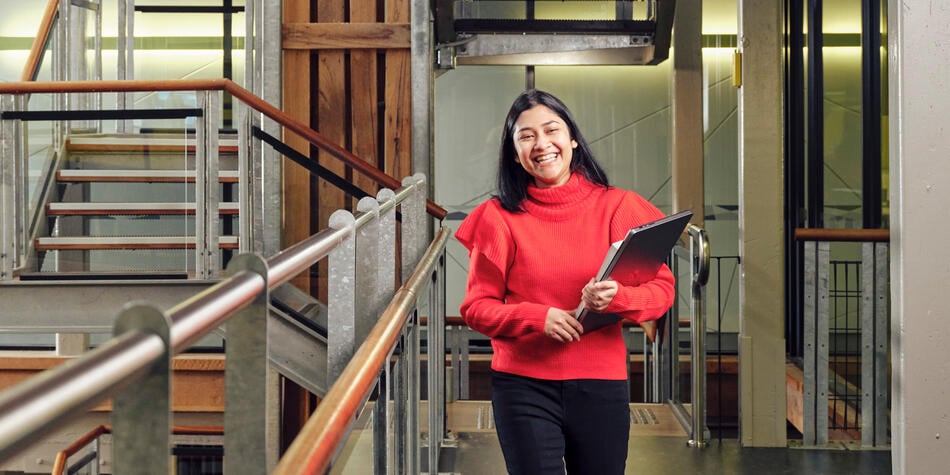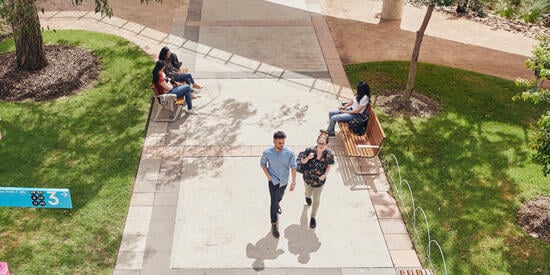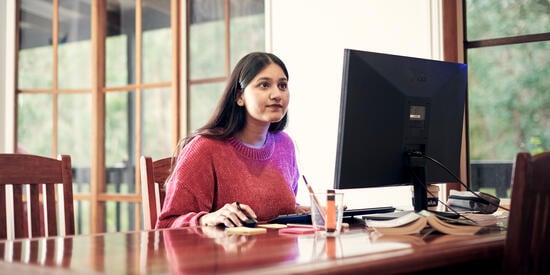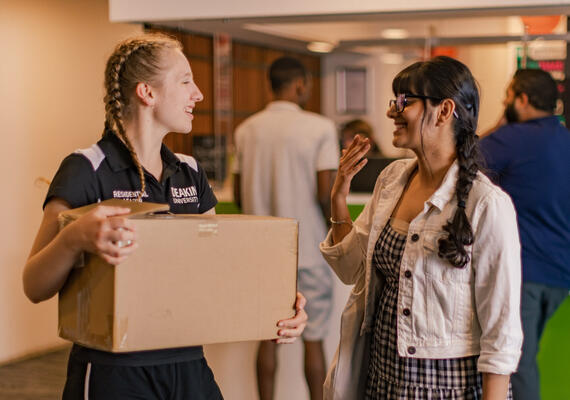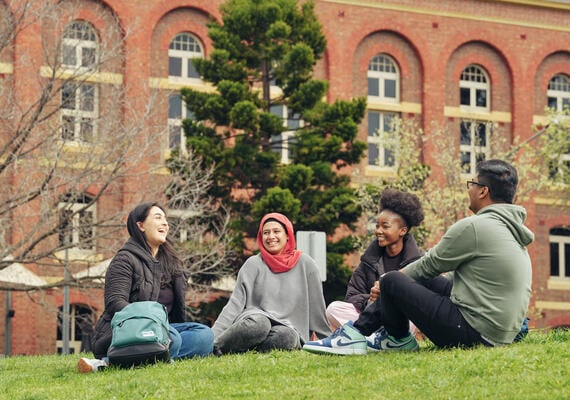
Why study in Australia?
Safe, welcoming and diverse, Australia is one of the most popular destinations for international students. Discover what it is like to live and study in Melbourne and regional Victoria, and learn about living costs, transport and health and safety.

